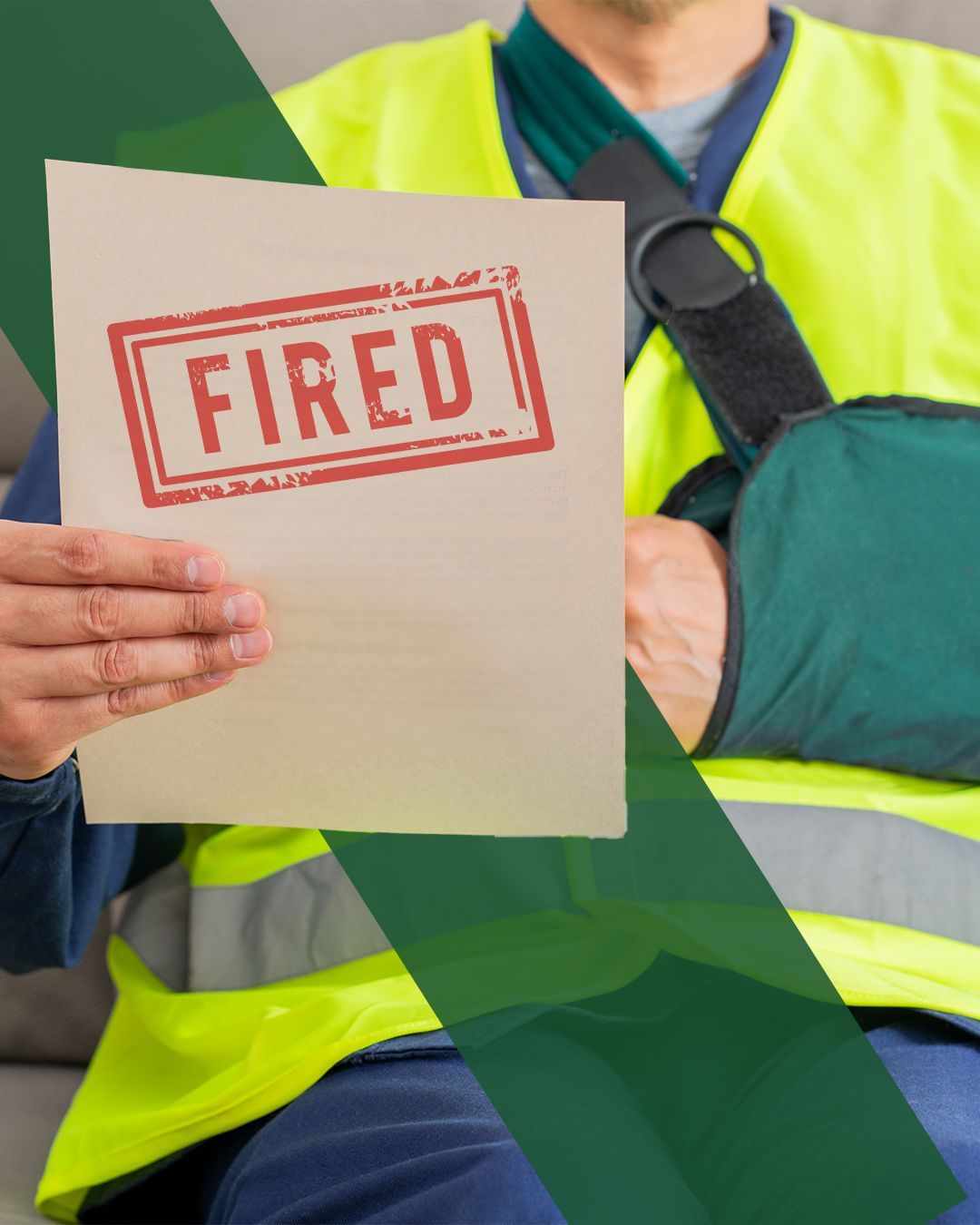Types of Catastrophic Injuries & Their Causes
Catastrophic injuries can happen in an instant with life-changing consequences. Sudden and violent events, such as car accidents, workplace accidents, or medical malpractice, usually cause them. These injuries can leave a victim with permanent disabilities, a long road to recovery, and emotional trauma. Knowing the different types of catastrophic injuries and their causes can help you understand their impact on someone's life.
1. Traumatic Brain Injuries (TBI)
A TBI is a severe injury to the head that disrupts normal brain function. It can be caused by a car crash, slip and fall, or sport-related injury. Symptoms of TBI can range from mild to severe and can include headaches, loss of consciousness, memory loss, and cognitive impairments. Treatment for TBI can be complex and requires extensive rehabilitation.
2. Spinal Cord Injuries (SCI)
SCI is the result of a traumatic event that causes damage to the spinal cord, which can result in partial or complete paralysis. Causes of SCI include car accidents, falls, and sports-related injuries. Symptoms of SCI can consist of loss of sensation, muscle weakness, and bladder or bowel dysfunction. Treatments for SCI include medication, surgery, and extensive rehabilitation.
3. Burn Injuries
Burn injuries can result from fires, explosions, hot liquids, or electrocution. Burn injuries can be severe, disfiguring, and affect the victim's quality of life. They can cause severe scarring, chronic pain, and nerve damage. Treatment for burn injuries often requires long-term care and rehabilitation.
4. Amputations
Amputations are removing a body part, often a limb, usually due to an accident or medical condition. Causes of amputations include traffic accidents, work-related accidents, and medical malpractice. Amputees will need extensive medical care, rehabilitation, and prosthetic devices to resume their daily activities and quality of life.
5. Multiple Trauma Injuries
Multiple trauma injuries are injuries that involve two or more systems of the body, such as the respiratory and circulatory systems. Causes of various trauma injuries include car accidents, falls, violence, and sports-related injuries. The injuries can be severe and life-threatening, requiring extensive medical care and long-term rehabilitation. Symptoms of multiple trauma injuries can include severe pain, shock, and organ failure.
Luzerne County Personal Injury Lawyer
Traumatic brain injuries can have life-altering consequences, and understanding the causes, symptoms, and legal rights associated with these injuries is crucial. If you or someone you know has suffered a TBI due to someone else's negligence, it is important to seek legal assistance to protect your rights and seek the compensation you deserve. Contact Slusser Law Firm today at to discuss your case and explore your legal options.




